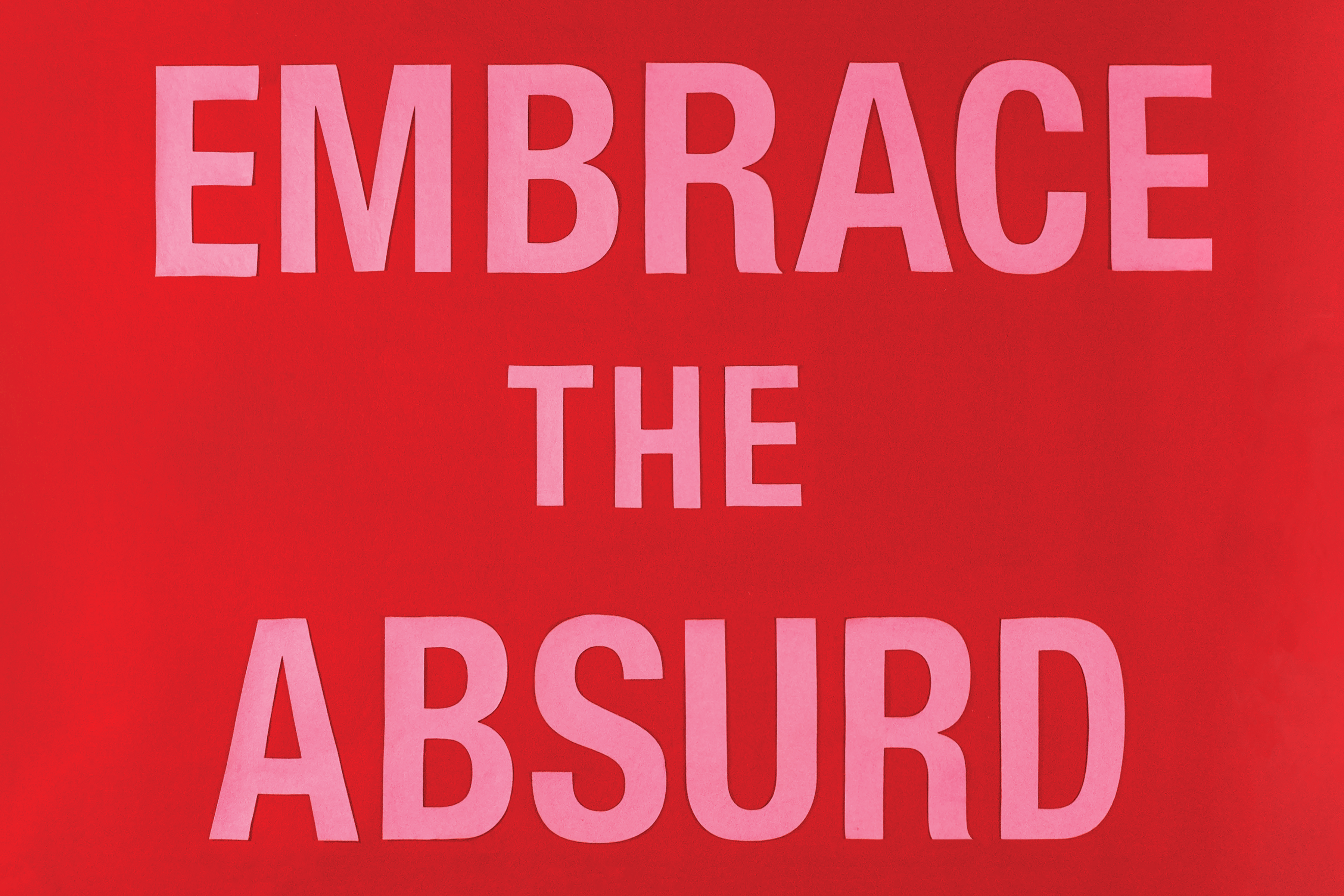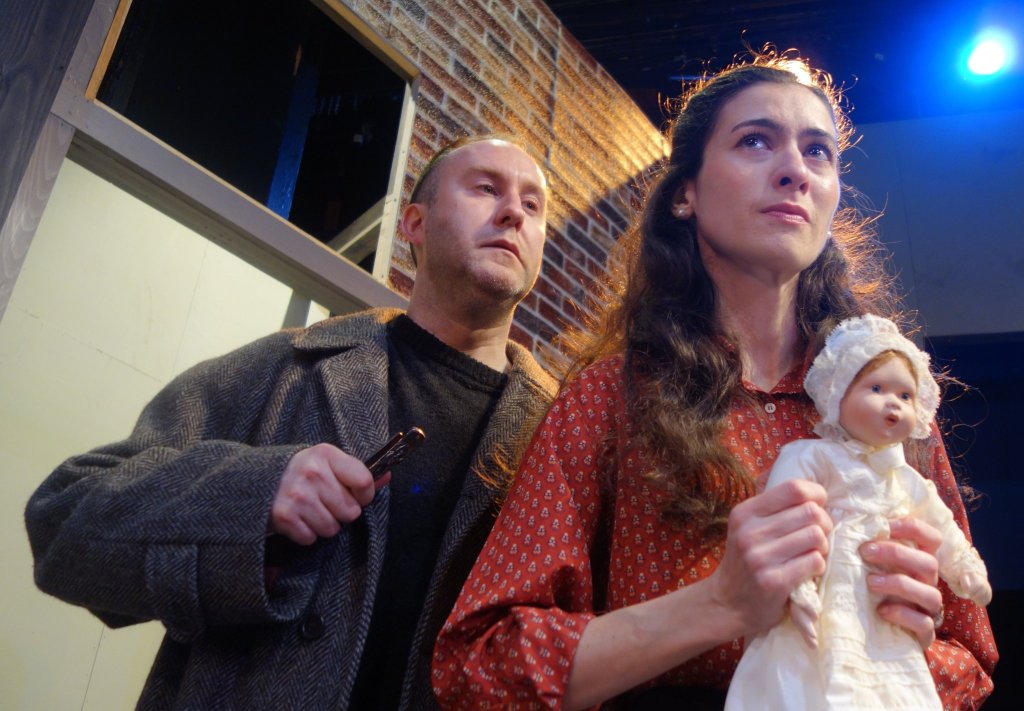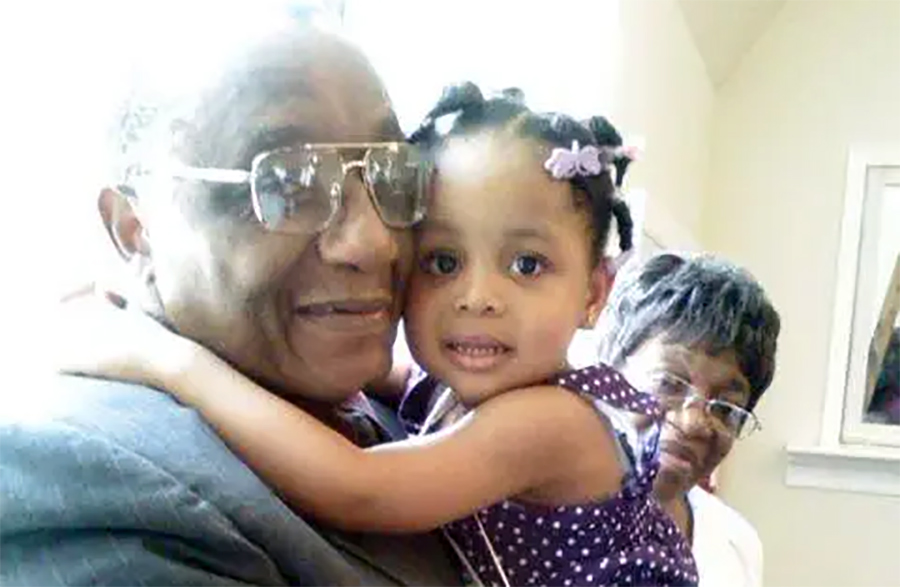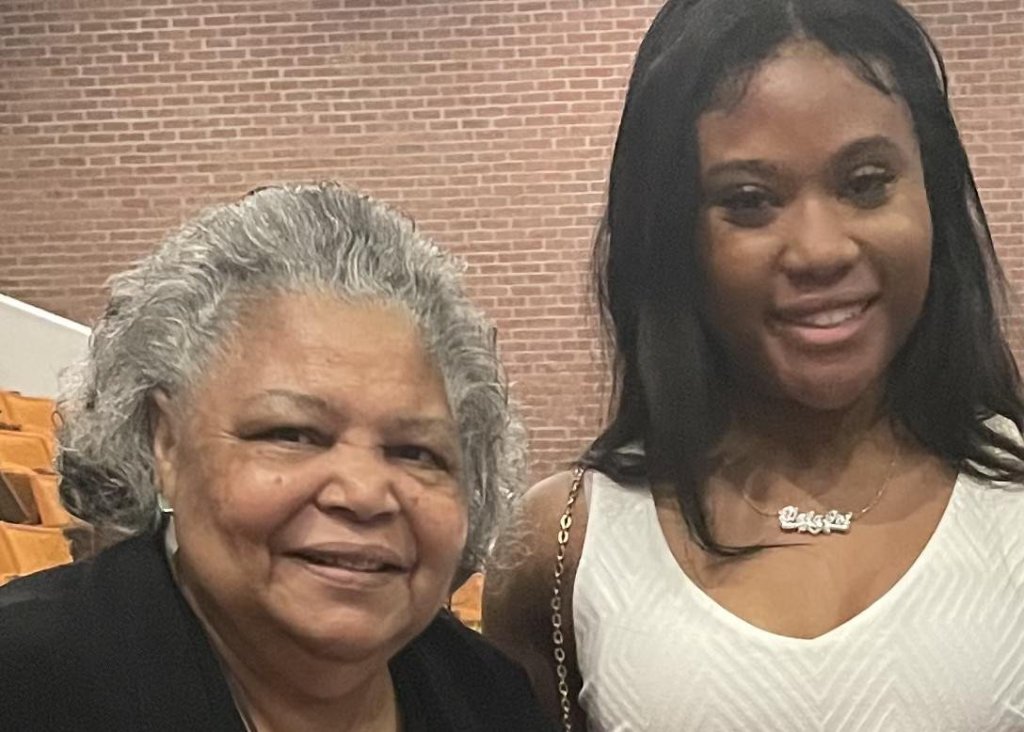Words From Women’s March

The Watermill Center is hosting “Word On The Street,” a text-based exhibit featuring original banners, both poetic and political, that originated as part of last year’s Women’s March. The display, shown by appointment only, through April 17, features words from several renowned female artists and writers.
The Independent recently spoke with Amy Khosbin from exhibitor House of Trees, an artist collective she leads with her siblings Jennifer and Noah. The collective is commissioned by the public art program Times Square Arts. Noah is curating the show.
How did “Word on the Street” start?
This project started as a collaboration between [poet] Anne [Carson] and I and my siblings’ arts collective House of Trees. I had never worked directly with my siblings, but we had to put our frustrated energy around the tumultuous political landscape into something concrete, and it’s been amazing to bring other artists into this project to do the same.
Our hopefulness is not squashed by our current administration, because nothing in this administration is altogether new — America’s issues are cyclical. The Muslim ban is very similar to the halting of Japanese immigration leading up to Japanese internment in the 1940s, we’re on the brink of nuclear war again, and white supremacist rallies are happening in the open as they were in the 1950s and ’60s. We overcame those moments in history and we will overcome this.
What inspired your work?
[My work is] in response to the sociopolitical climate that emerged directly after our last presidential election. For the Women’s March, we reached out to poet and friend Anne Carson to respond in language. I made the phrases that she wrote into large-scale felt banners, which we marched with in DC and NYC for the Women’s March 2017.
Since then, Word on the Street has become an ongoing series of political and poetic banners created by female artists and writers that speak directly to the urgent, timeless concerns of the individual, the community, and the requirements of citizenry.
It’s about empowerment and equality for females and giving women a public platform to speak their mind and stand up for what America really is: a melting pot of all sorts of humans that should all feel equally free, equally safe, and equally respected.
What did you find most moving about the Women’s March?
The spirit and energy of positivity, hopefulness, and the power to change the world. We have more power than we think. There is a legitimate resistance movement and we can’t stay silent anymore.
People have been organizing for a long time, but we’re at a time when we see the necessity to stand up, speak out, and protect one another. For that reason, we’re suddenly seeing a lot more diversity in who’s running for office: artists, females, people of color, queer and trans folks. We’re seeing artists get more directly political in their work, like we and the other female artists have with “Word On The Street.”
What’s your definition of female empowerment?
The ability to control our own lives ourselves without any hindrance of economic inequality, sexual harassment, etc. We have the power to turn the tides and the knowledge and acceptance of that power. And self-care.
Why is this exhibit so important to you?
We still have the power to speak out and create cultural change. We haven’t slowed down and this exhibit is proof of that. With this exhibit here at this time, we can continue to instigate a cultural dialogue around the resistance movement. We can still be empowered to action through creative response, hope, and a focus on intersectionality.
The Watermill Center is located at 39 Water Mill Towd Road in Water Mill. The exhibit is open through April 17, by appointment only. For more information, visit www.watermillcenter.org or email info@watermillcenter.org.
@NikkiOnTheDaily
Nicole@Indyeastend.com



